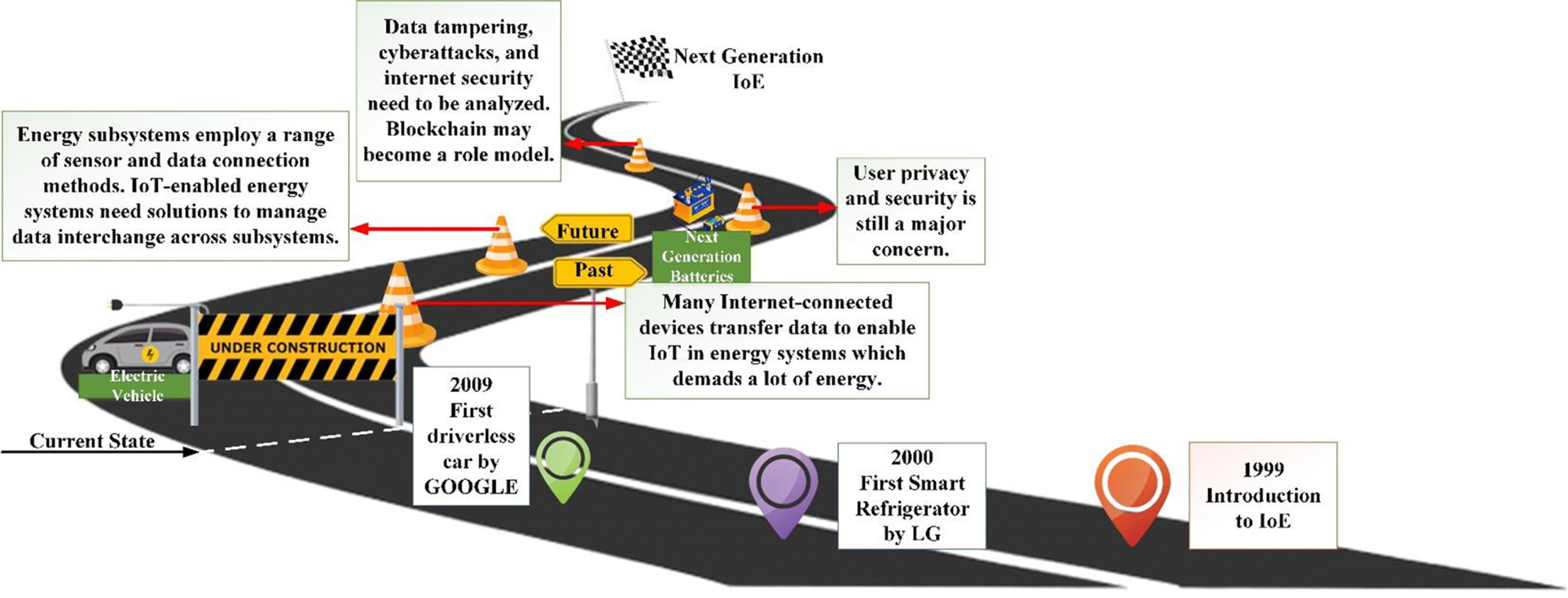Elsevier,
The Lancet Child and Adolescent Health, Volume 7, October 2023
WHO recommends dolutegravir as the preferred anchor drug for first-line and second-line HIV treatment, and is being rolled out globally. This study shows that dolutegravir is safe but clinicians should nonetheless be aware of the risk of psychiatric manifestations in children and adolescents taking the drug.
Elsevier,
Energy and AI, Volume 14, October 2023
This article supports SDGs 7 and 13 by comparing the economy and carbon emissions of electrochemical energy storage (EES) and hydrogen energy storage (HES) in renewable energy storage, and it was found that lithium-ion batteries and certain HES routes perform best in LCOS and carbon emissions, supporting their use to achieve future decarbonization goals.
Elsevier,
The Lancet HIV, Volume 10, October 2023
This Article supports SDG 3 by showing that interventions and strategies to reduce mortality from HIV-related CNS infection in public hospitals within routine care services can substantially reduce all-cause 2-week mortality among people living with HIV presenting to public hospitals with suspected HIV-related CNS infection.

